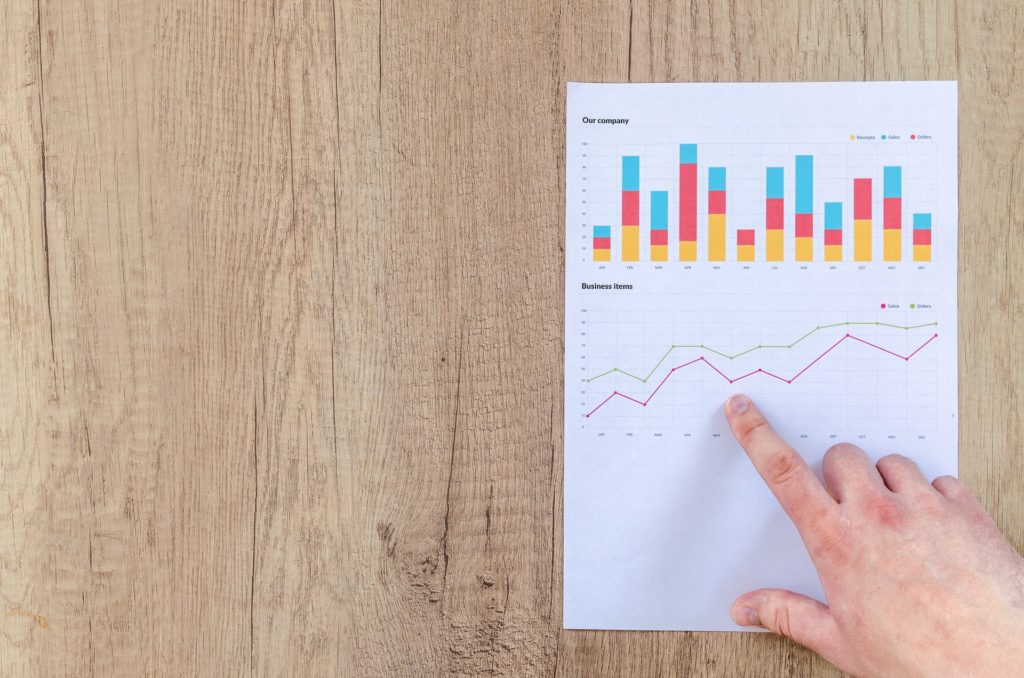“Like seawater: the more you drink, the thirstier you become”
Arthrur Schopanhauer
I can admit that I easily fall into the category of a Type A personality. And, so do most of my colleagues. We are ambitious people by nature. We’re constantly looking at the next thing, the next goal.
In many respects, I think that’s great. It’s great to be motivated. But this can lead to problems if we’re motivated for the wrong reasons. Chasing after things that aren’t giving us what we really want.
Why do I see many of us caught in the pursuit of more? I think that many of us falsely get caught in the belief that once we attain that “more”, be it a new job, a nicer car, or a higher salary that we will be happier and better off than we were before. But is this true?
Often times, it simply isn’t. And that’s because of what is termed hedonic adaptation. Its described as: “the observed tendency of humans to quickly return to a relatively stable level of happiness despite major positive or negative events or life changes” (Wikipedia).
A set point

The basic idea is that we as people have a happiness “set point” and that good things that happen to us can increase that happiness temporarily, but over the long term, we end up right back where we were beforehand.
You’ve likely heard the example of lottery winners. A famous study of lottery winners from 1978 showed that lottery winners were no happier one year after winning the lottery than before it. The same goes for many other things, even marriage. Although people who are newly married tend to get a bump in their self-reported happiness for about a year or so, after two years people tend to return back to the level that they had a year or two before their marriage.
A lot of the things we pursue in order to find happiness – more money, the perfect partner, a bigger house, a better body – don’t actually make us any happier in the long term.
Why is this?
Well, it all comes down to the fact that our reference points tend to change over time. If our circumstances change, say a financial windfall, or a new house, we might initially compare ourselves to our old circumstances and actually temporarily feel happier. But this doesn’t last long. Over time what is new becomes old again and it seems that we just return to our old set points.
Our new house just becomes our house and our reference point changes to make this the new baseline. Consequently, our happiness level returns back to where we were (in that old, small house) before. We simply get used to things that persist in our lives.
The treadmill

If you’re like me, you have probably seen what this kind of thinking can lead to. We get that new car (or phone, or jacket, or whatever). It feels good when you do it. But eventually that feeling wears off as we get used to it, and we end up feeling like we need to buy something new to recover that feeling. And so we spend more, want more, need more, and the treadmill ramps up.
It’s not all bad news
Thankfully, the same thing occurs with negative life events. So when a bad thing happens to you – say a broken leg, or a break up – you will of course, initially feel worse. That’s normal! But the research shows that over time that feeling will dissipate and you’ll eventually return somewhere back to where you started. Even if it doesn’t feel like it in the midst of the bad event.
Personally, I find this a reassuring thing to keep in mind. Whenever something unfortunate happens to you, the negative feeling it creates tends to subside. All things will pass.
Can we be happier?
If it’s true that we have a happiness set point, then are we just doomed to be at the same level of happiness no matter what? Well, not exactly.
The current research suggest that about 50% of our happiness depends on genetic factors, about 10% on life circumstances, and the remain 40% is under our control. So, it turns out we do have the ability to improve.
But nothing comes easy. It takes intentional effort and diligence to change our natural set points. I think of it like diet and exercise. Improving our health and fitness (our biological set points) takes persistence. The same goes for our minds.
A few ideas:
- Find meaning and pleasure in what you do. Our time is valuable. Spend more of it on doing what you like to do instead of doing what you feel obliged to do. For me that means trying to make time in the outdoors each week a priority.
- Gratitude. Take a few minutes each day to be grateful for some of the amazing things you’ve been given. Look around, there’s a lot to be thankful for.
- Stop comparing yourself to other people. Easier said than done. Turn off that social media account or at least take a break from it. All of that social comparison is changing your reference points and making you feel worse. Turning off my facebook account is one of the best things I’ve ever done for myself.
- Embrace a more minimalistic lifestyle. Once I realized that having more wasn’t making me any happier, it was much easier to convince myself that less is more.
- Learn to savour. Taking time to soak in a pleasant experience. Pausing to enjoy that first sip of coffee in the morning, for instance, can actually make it better.
- Variety. Try new things. Meet new people. Visit new places. A multitude of new and exciting experiences helps keeps us on the positive side of the adaptation curve.
- Meditate. Spending some time each day focusing on your direct experience. Breath, sounds, sensory feelings. This helps bring you a little more out of your head and into the present.
Any other ideas? I’d love to hear from you!


